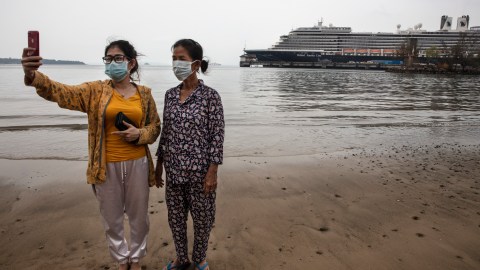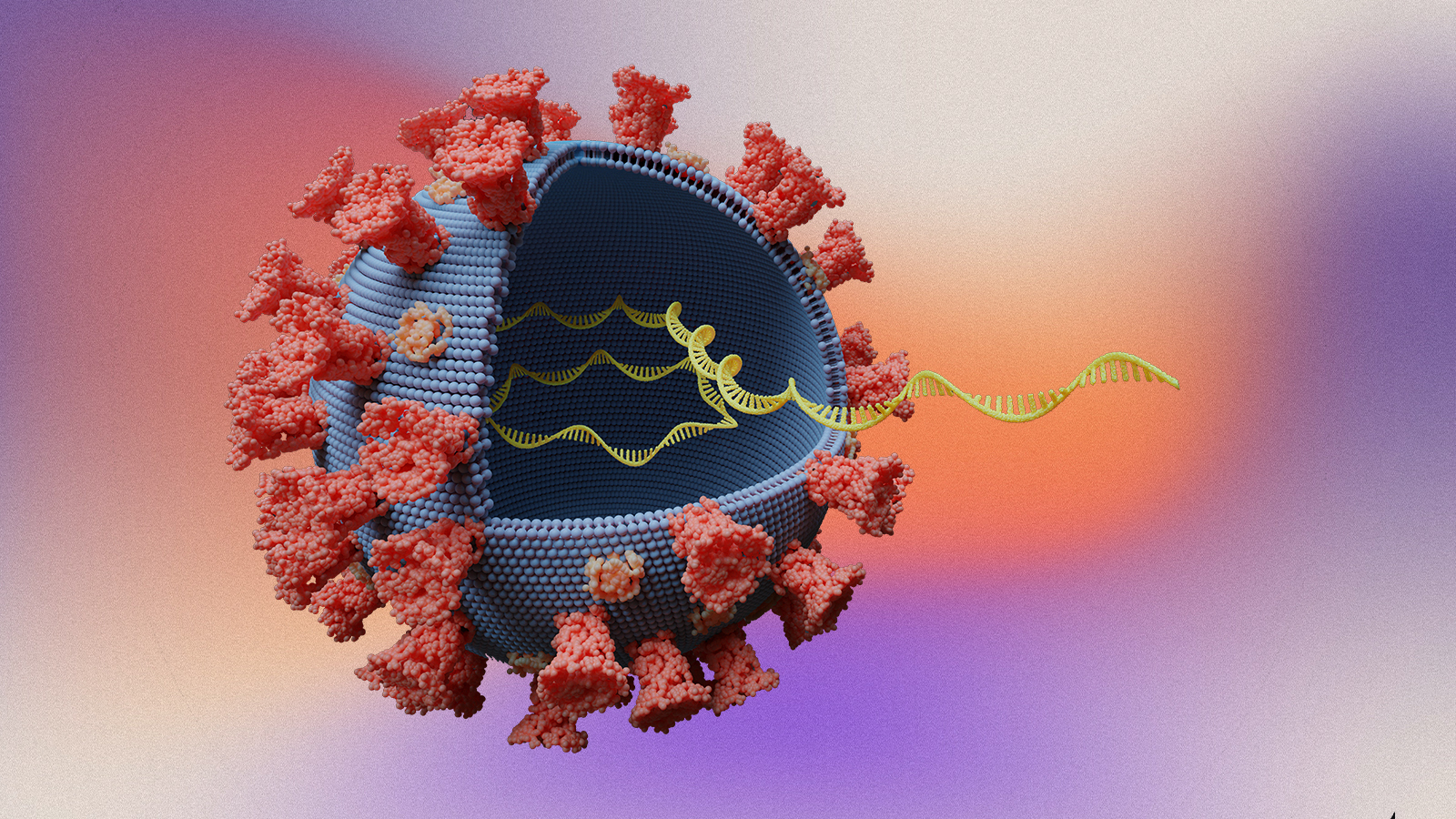How COVID-19 might help us win the fight against climate change

Paula Bronstein/Getty Images
The COVID-19 pandemic has elicited a global response unlike anything we’ve seen before.
From government and business taking on new roles to respond to the crisis to the complete re-organisation of how we work, travel and socialize, we have witnessed transformational changes that didn’t appear possible just weeks ago. The human costs of the pandemic are horrifying, but the response has largely been characterised by care, compassion and connection – and an unheard-of pace of change.
What happens over the coming months could go one of two ways.
There is a risk that as the immediate crisis wanes and its economic consequences become clearer, we cast aside longer-term aspirations in pursuit of short-term easy fixes, many of which would have adverse environmental consequences. These include rolling back environmental standards, stimulating the economy by subsidising fossil-fuel-heavy industries and focusing on making more things, rather than using them better.
But there is another possibility. While we are reeling in the shock of what is happening around us and coming to terms with our new reality, we could seize this moment as a unique window of opportunity to re-build our society and economy as we want it. With scientists warning we have 10 years left to avoid the worst consequences of climate change, this could offer an opportunity to fix the climate crisis before it’s too late.
A number of shifts brought on by the COVID-19 emergency lay the groundwork for the transformation required. Here are five actions we should take.
Re-think risk
We have known about the risk of a global pandemic for years: just see Bill Gates declare during a 2015 Ted Talk that “If anything kills over 10 million people in the next few decades, it is most likely to be a highly infectious virus… We should be concerned. But in fact we can build a really good response system.” Yet it took an unfolding disaster to prompt governments, businesses and individuals to act at the scale required.
Climate change similarly poses a major threat to human lives and urgently requires a comprehensive response. A study published in the medical journal the Lancet predicts 500,000 adult deaths caused by climate change by 2050.
If the pandemic teaches us to acknowledge our vulnerability to high-impact shocks such as pandemics and climate-related disasters, we will be infinitely better placed to prepare for them.
Listen to global perspectives
The truly global nature of the COVID-19 crisis is forcing us to recognise that we are all in this together. For example, China sending help to Italy represents more than just shifts in the geopolitical landscape; it also shows an overcoming of the sense of “other,” and an acknowledgement that events in one part of the world can affect us all.
The jury is out on whether COVID-19 will prompt the world to choose the route of national isolation or global solidarity, but a growing understanding that we are inherently connected to people in vastly different geographies and circumstances can help build momentum for strong climate action.
Make people the top priority
The response to COVID-19 has seen the plight of patients, medical staff and other vulnerable groups skyrocket to the top of the agenda – of individuals, businesses and governments alike. Many individuals are re-arranging their lives to practice social distancing, offering elderly neighbours help with their chores and volunteering in health facilities and food banks, showing the power that can be unleashed when we are united behind a common cause.
Businesses are re-directing their production lines to provide medical and hygiene supplies, offering free access to their online platforms and supporting their employees in a number of ways, such as increasing their wages, highlighting how agile they can be in responding to critical needs. And governments are committing trillions to help those affected by coronavirus, in what looks like a “race to the top” in providing the most comprehensive support to their citizens.
All this shows that a large-scale response to a global crisis is possible. We need to harness this wave of compassion and proactivity to protect vulnerable people in all contexts, including those most exposed to climate impacts.
 Image: World Economic Forum Global Risks Report 2020
Image: World Economic Forum Global Risks Report 2020
Trust experts
As the significance of the pandemic has dawned on us, the value of knowledge has become increasingly clear. The advice of epidemiologists has gone viral (we’ve all seen the “flatten the curve” meme), and doctors have been held up as heroes. This might represent a turning point in a trend towards the demise of experts.
We need to listen to climate scientists and policy advisors to win the climate change fight too. A greater trust in experts of all types takes us in the right direction.
Make a cultural shift
Many aspects of the COVID-19 response are similar to the types of changes we need as part of a comprehensive climate-change response. What is interesting is that many necessary shifts just require a change in culture. For example, neither the surge in cycling and expansion of bike lanes in Bogota as citizens avoid public transport, nor the coronavirus work-from-home experiment, have required any new technology, but instead have relied on new thinking.
It is clear that we have many of the tools to make major advances in addressing climate change; what we need now is the political will to apply them.
Much remains uncertain about what the world will look like when we emerge from the COVID-19 pandemic, but the fundamental societal changes we are witnessing may well offer us a final chance to avoid a climate catastrophe.
Reprinted with permission of the World Economic Forum. Read the original article.






